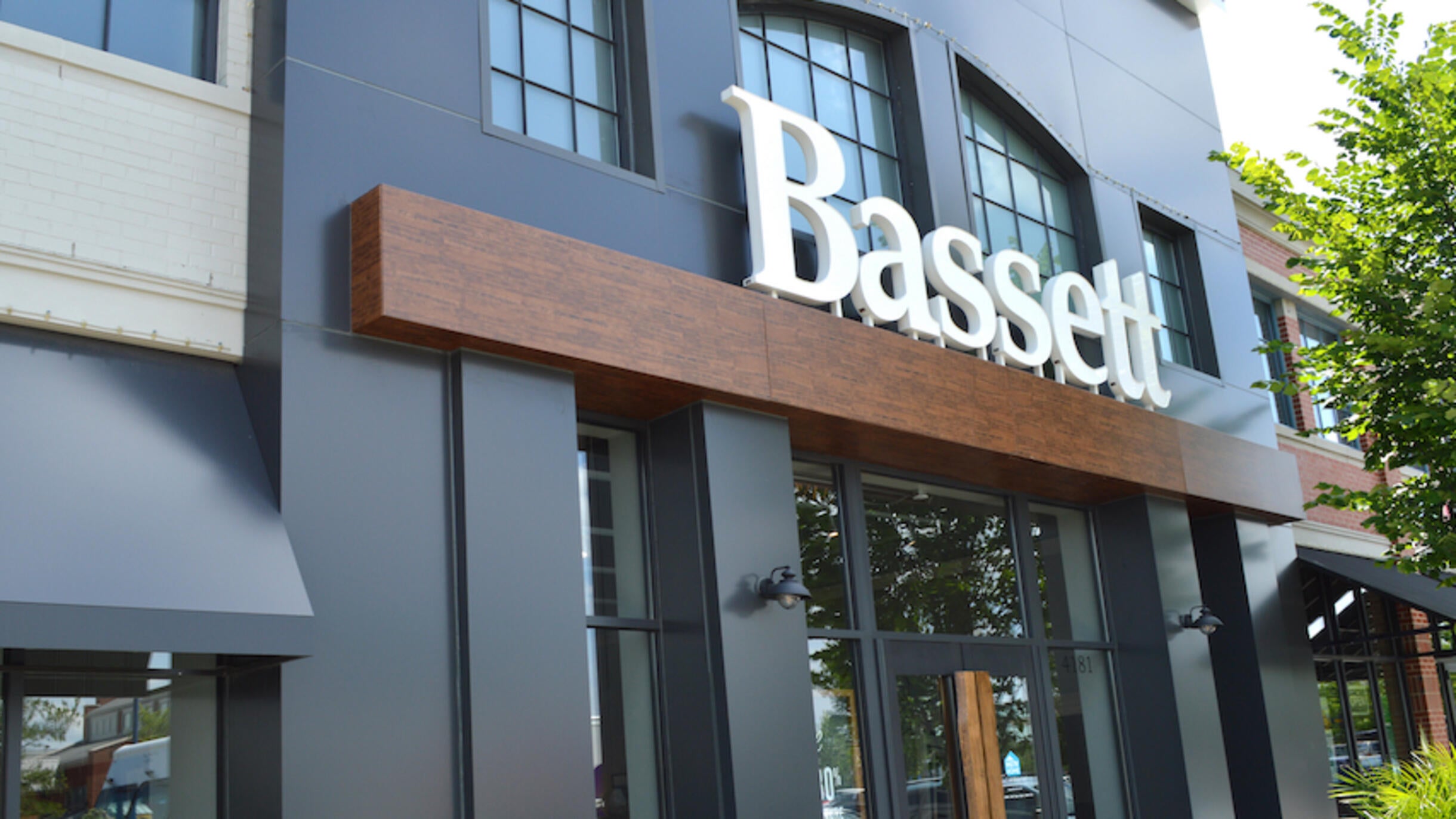Last week Bassett was hit by a cyberattack. In a filing to the SEC on Monday, the Virginia-based furniture manufacturer reported that it had discovered the breach on July 10, and as part of its containment measures, several of its systems were shut down and manufacturing was halted. As of yesterday, the company has resumed production.
“The stores never shut down, but they had to operate manually and without systems,” CEO Robert Spilman told Furniture Today. “We took orders in the field but could not process the orders, and we didn’t run the factories for four and a half days.”
In the original filing disclosing the cyberattack, Bassett wrote that hackers had “disrupted the company’s business operations by encrypting some data files” but that it “does not believe personal information from consumers was compromised.”
The company went on to say that it was continuing to investigate the attack and that while “the full scope, nature and impact of the incident are not yet known,” it “has had … a material impact on the company’s business operations.”
Bassett joins auction house Christie’s as the latest high-profile design world company to be hit by a cyberattack. These hacks, which often are accompanied by ransom demands, are increasingly common, and cost American businesses billions each year. However, because companies have little incentive to disclose breaches, the problem often flies under the radar.
That may be changing. Late last year the SEC implemented a new rule requiring publicly traded companies to disclose cyberattacks that “may be material to investors”—a somewhat murky classification, but one that has prompted companies like Microsoft, Hewlett Packard and now Bassett to reveal incidents.
The hack comes at a difficult moment for the furniture manufacturer. The company discovered the security breach on the same day it released a second-quarter earnings report that saw a 17 percent decrease in revenue and announced a restructuring plan that included shuttering e-commerce business Noa Home, which it had acquired only two years ago.
In the earnings report, Spilman acknowledged the difficulties of the moment. “Bassett Furniture has a long history of weathering economic cycles, such as the inflationary environment and slow housing market we’re experiencing in 2024—factors that led to soft demand in our second quarter,” he explained. “The business climate has remained difficult through the first six months of this year and may not improve in the near future.”





























